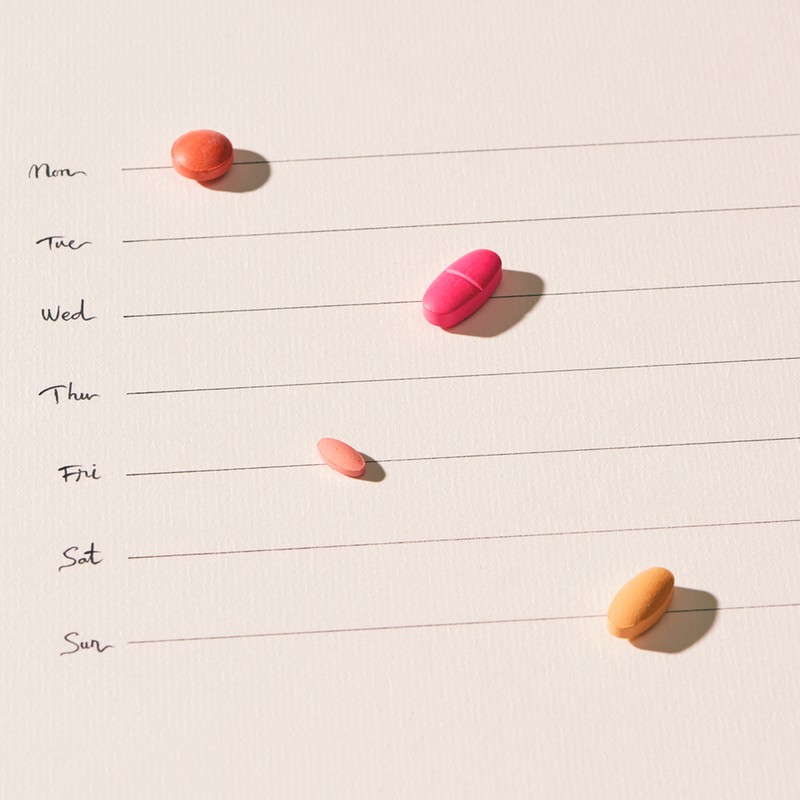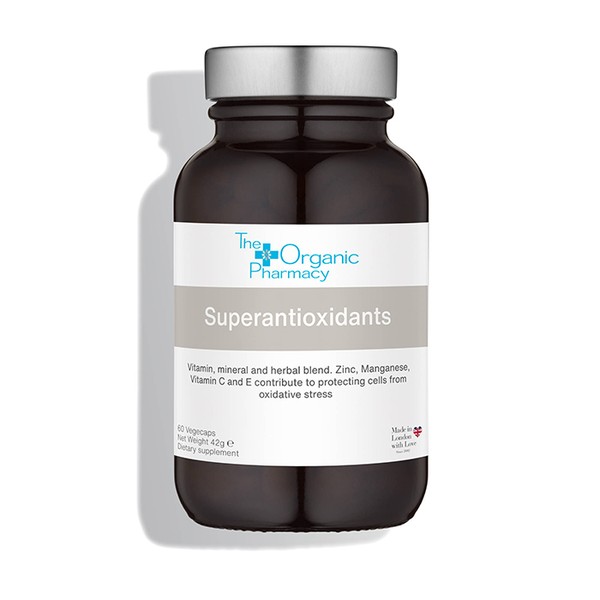The Supplements To Take At Every Decade
In Your 20s…
Look After Your Bones
“Keeping your bones strong and healthy is a process that starts in your 20s. In fact, one of the most important things you can do at this stage in your life is to get enough vitamin D (vitamin D3 in particular) and eat a healthy diet. A lack of sun exposure, paired at times with heavy consumption of fizzy drinks, can result in a bone density loss that will result in osteoporosis in later years. Phosphoric acid, which is used to enhance the flavour of fizzy drinks, interferes with calcium absorption and can therefore trigger the loss of bone density.” – Roberta Baldo, registered nutritional therapist
Cover The Bases With A Multivitamin
“In your 20s, chances are you’re leading a fast-paced lifestyle, not eating properly, skipping meals, drinking more alcohol and staying up late, all of which can result in an inadequate supply of nutrients to your body. A food-state multivitamin can cover all the bases, and by being food-based, it will contain nutrients your body recognises, enhancing absorption. In fact, several studies show that isolated vitamins may not be as effective as food-state vitamins. Alive Once Daily Multivitamin Ultra Potency is a great one-a-day multivitamin that contains all the essential vitamins and minerals combined with extracts from fruits and vegetables. Terra Nova’s Living Multinutrient Complex is also a good option – it’s food-based and contains a base of green foods and fruit extracts for an antioxidant boost. If you struggle to swallow capsules, try Source of Life’s Gold Liquid.” – Shabir Daya, co-founder of Victoria Health
Top Up Your Energy With Vitamin B
“As one of the eight B vitamins, B12 helps make red blood cells. Low B12, known as vitamin B12 deficiency anaemia, can result in fatigue, shortness of breath, reduced exercise tolerance, dizziness and an irregular heartbeat. If you suspect you are deficient, aim to supplement with 2.4 mcg daily.” – Roberta
Rely On Herbs For Clearer Skin
“If you struggle with acne and breakouts, consider Viridian’s Clear Skin Complex, which contains burdock root to help cleanse the body of toxins that can inflame your oil-producing glands. The formula also contains probiotics to help reduce inflammation as well as zinc to help heal inflamed skin quickly. If you are already taking a multivitamin and want to take this supplement, double check you aren’t taking more than 30mg of zinc per day. Strengths higher than this may disturb copper levels when taken for longer than three months.” – Shabir
Get On Top Of Your Cycle
“If you suffer from PMS, painful periods or heavy bleeding, consider introducing agnus castus, a herbal supplement. Also known as chasteberry, this herb helps balance female hormones, in turn enhancing progesterone levels relative to oestrogen. It’s best to take agnus castus for a minimum of three months, but don’t take it if you are on the contraceptive pill or taking hormonal medications. Bio-Health’s PeriAgna gets my vote.” – Shabir
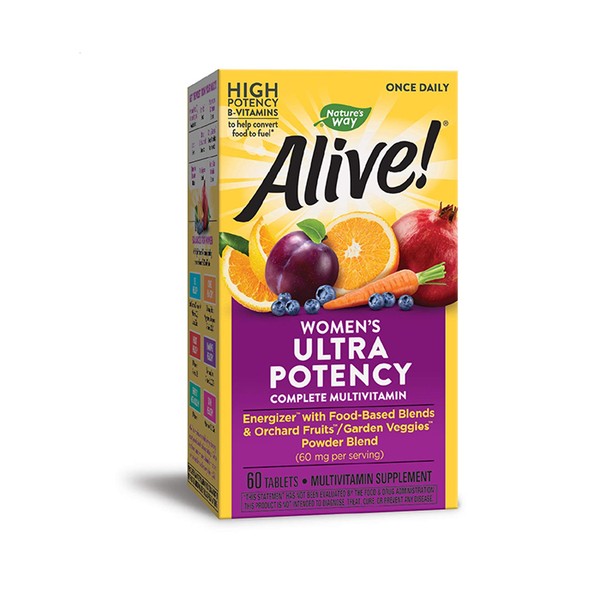
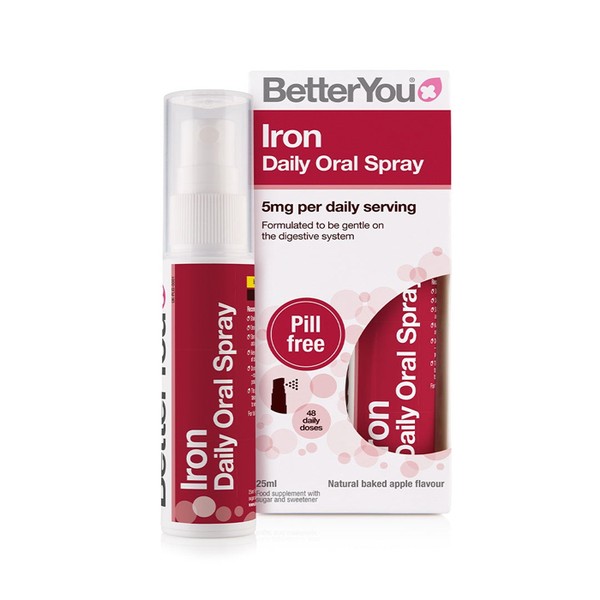
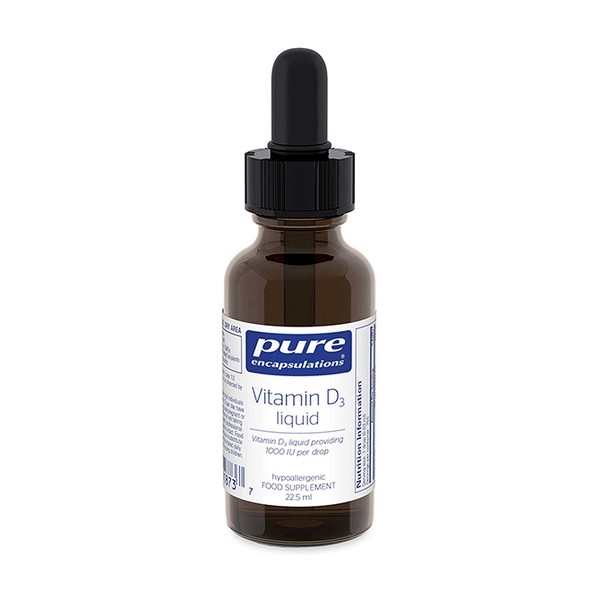
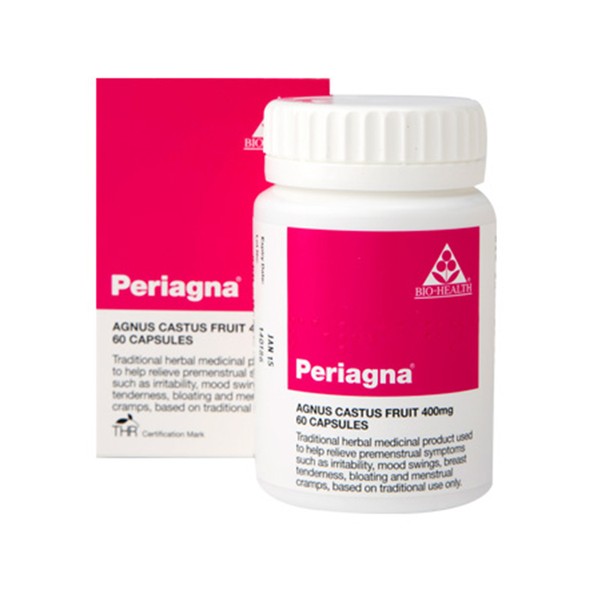
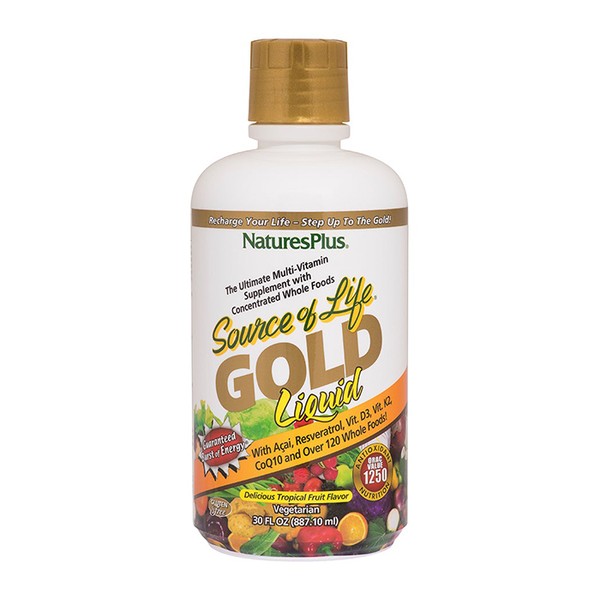
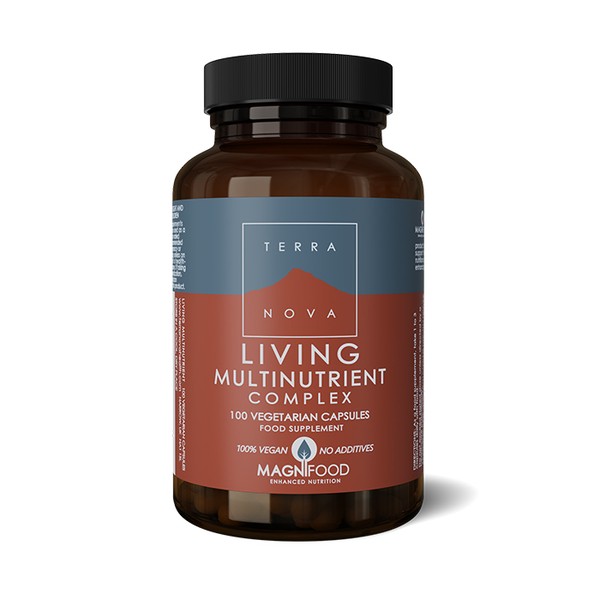
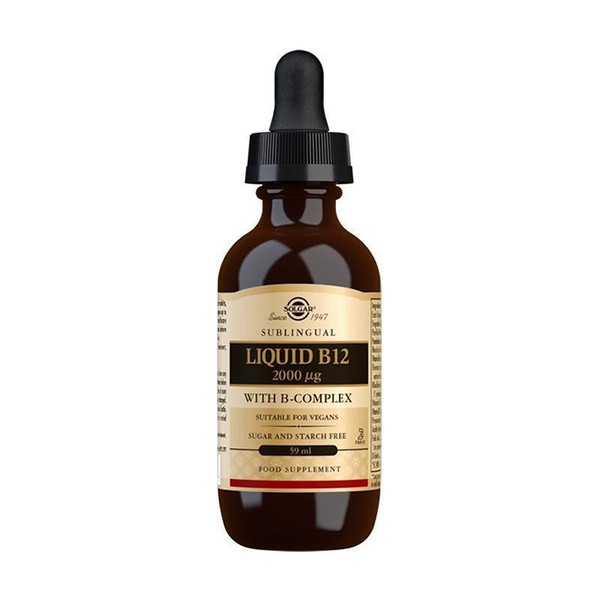
In Your 30s…
Counteract Stress Levels With B Vitamins
“Smoking, obesity and alcohol are among the main causes of decreased vitamin B levels in women, while stress and a poor diet can also take their toll. All B vitamins are also especially important for women who are pregnant and breastfeeding – these vitamins aid foetal brain development as well as reduce the risk of birth defects. For expectant mothers, B vitamins may also boost energy levels, ease nausea, and lower the risk of developing pre-eclampsia, a condition that causes high blood pressure during pregnancy and after labour. If you are planning on getting pregnant, folate is also non-negotiable. Find a prenatal vitamin with 400 mcg of folic acid and start taking this at least three months before conception, in addition to eating foods rich in folate, like dark green vegetables.” – Caroline Mason, registered nutritional therapist
Consider A Pregnancy Supplement
“If you are thinking about getting pregnant, you need to consider a food-state prenatal multivitamin, such as Wild Nutrition’s Women’s Food Grown Fertility. This supplement works to support preconception and provides the recommended strength of vitamins and minerals without overloading the body. Specific nutrients such as NAC and cordyceps also support the body’s natural balance of hormones. In the first few weeks of pregnancy, look to switch to Wild Nutrition’s Food-Grown Pregnancy.” – Shabir
Don’t Forget About Omegas
“Omega-3 supplements in your 30s are important. The body can’t make omega-3 essential fatty acids, which are required for many processes including the production of hormones, structures of the nervous system, and reducing inflammation. Neubria’s Krill Oil capsules are my preferred choice as krill oil is the cleanest source of omega-3s – they are also absorbed rapidly by the body and don’t have a fishy aftertaste. If you are pregnant, try Life & Soul Pure Omega-3 Fish Oil capsules – they contain a higher amount of DHA, which is essential for the formation of your baby’s nervous system.” – Shabir
Protect Your Body With A Probiotic
“Many women will have taken several rounds of antibiotics by the time they reach their 30s, which can disrupt the delicate balance of friendly bacteria within the gut. These friendly probiotic bacteria help digest food, supply energising B vitamins in the gut, remove acids and toxins from the gut and help the immune system. They are also invaluable for reducing recurrences of urinary tract infections, irritable bowel syndrome and diarrhoea. I recommend Mega Probiotic ND, which delivers eight strains of beneficial bacteria.” – Shabir
Ease PMS With Magnesium
“Magnesium is a key mineral in the body involved in around 300 biochemical reactions, which means the body’s requirements are high and often not met from the diet. Magnesium is also required for the production of hormones, making it useful for managing some of the symptoms of PMS. Try Viridian’s Magnesium B6 and Saffron.” – Shabir
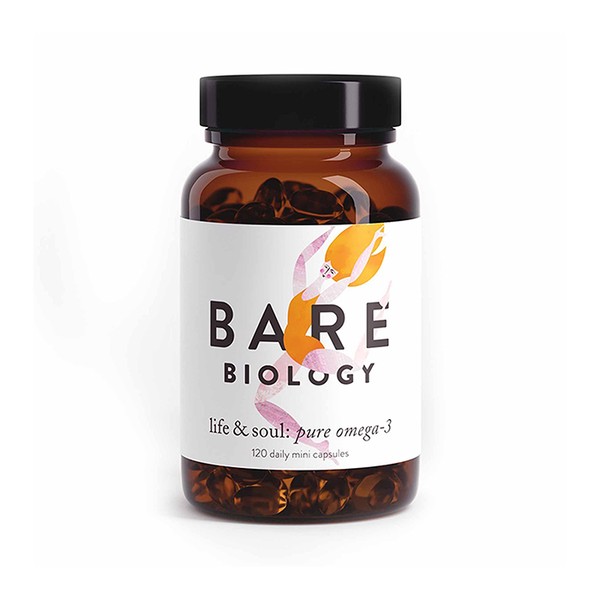
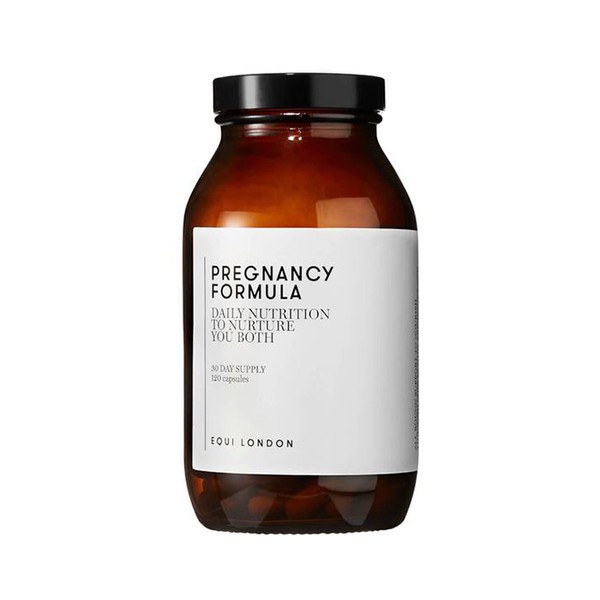
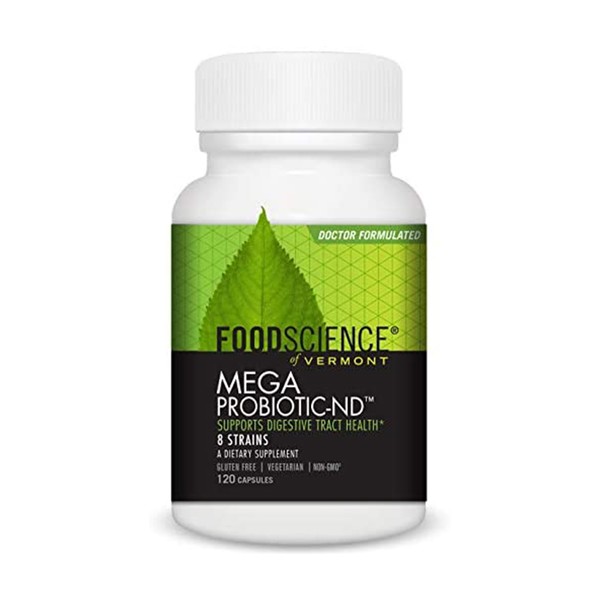
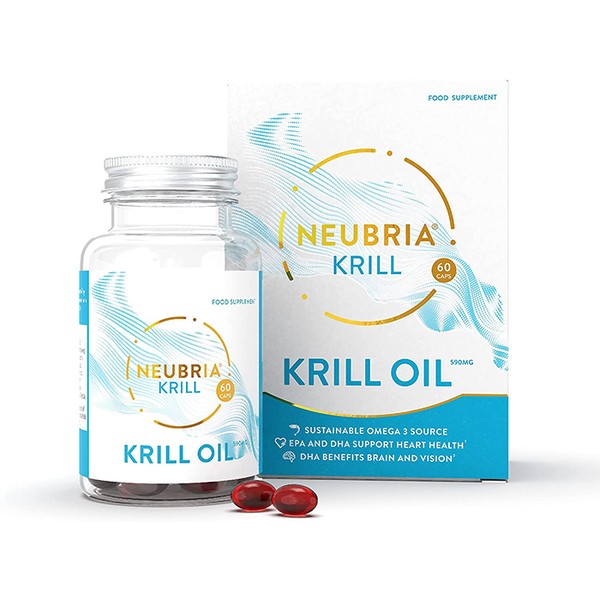
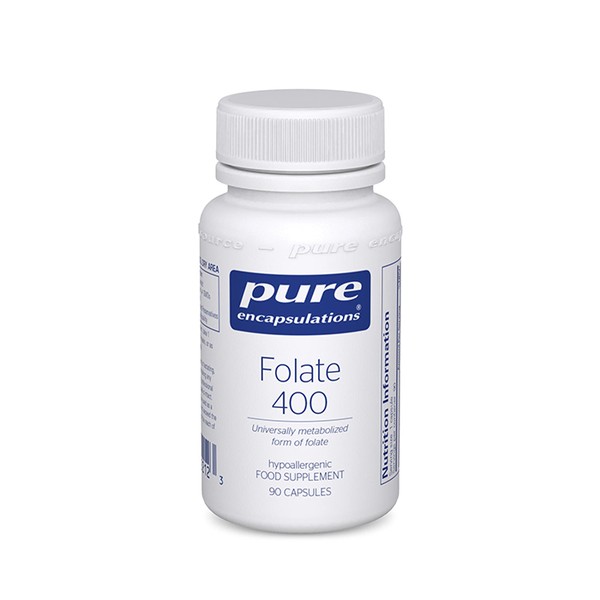
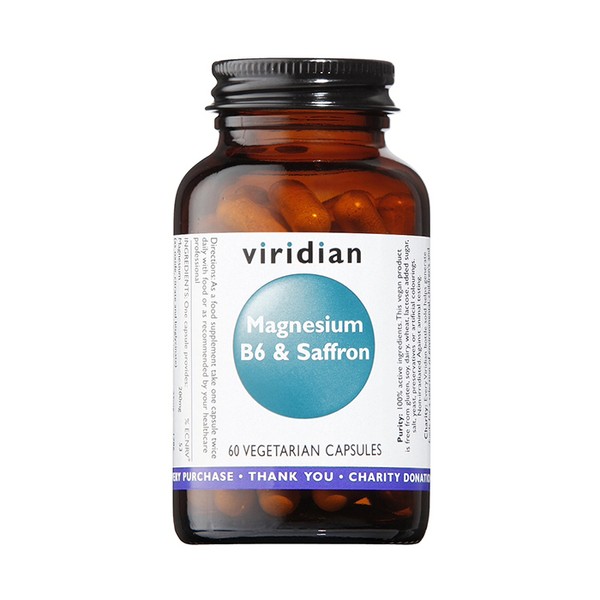
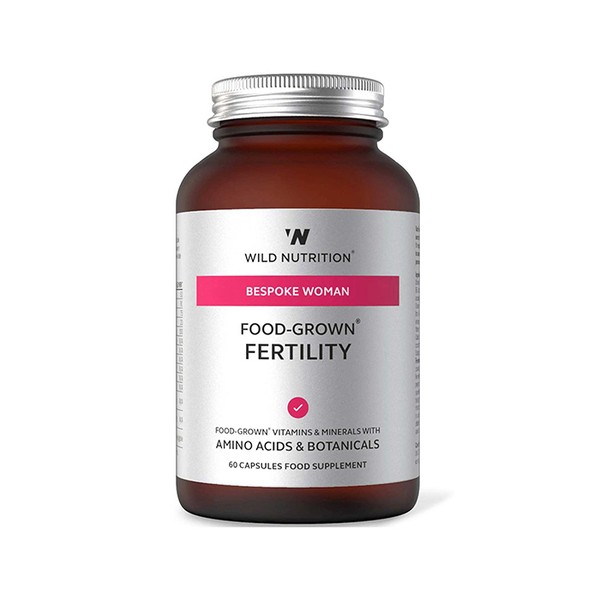
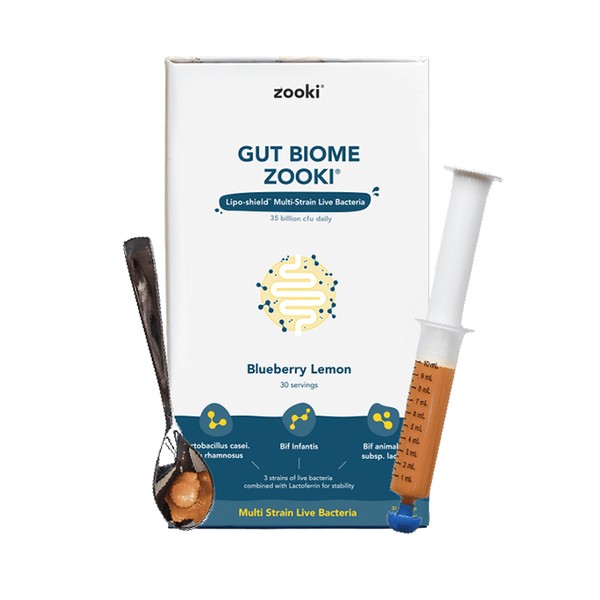
In Your 40s…
Aid Hormones With Sage
“A multivitamin, omega-3 and a probiotic are three key supplements to take during your 40s, although you may also wish to consider the use of Sage Complex. From the age of 35, the production of female hormones by your ovaries starts to decline and this can have subtle effects on the body, since oestrogen protects your skin, heart and bones. This can result in a low mood and an inability to concentrate. Sage Complex contains herbs known as phytoestrogens, which mimic female hormones and therefore help offer protection.” – Shabir
Stock Up On Fish Oil
“Women in their 40s are preparing to enter perimenopause and may start to experience hot flashes. Fish oil, which contains healthy omega-3 fatty acids, is a great supplement to take at this stage in life as it can reduce inflammation and maximise brain function. Western diets, typically high in red meat and poultry, lead to diminished fatty acid levels. For years, we’ve also been led to the false belief that all fats, including the ones derived from olive oil, avocado and nuts, were promoting obesity and linked to high cholesterol. Women in their 40s may still hold some of these beliefs. High stress levels can also deplete omega-3 stores in your body, making supplements even more important. Bare Biology is a great brand.” – Caroline
Boost Antioxidant Levels With Vitamin C
“Vitamin C is a powerful antioxidant and supports healthy skin from the inside out. It also supports the creation of collagen, which promotes skin’s youthful and elastic appearance, and supports the immune system. Vitamin C is also needed for iron absorption, wound healing, and the maintenance of healthy bones, teeth and cartilage. It can also support progesterone production, which may start to decline during this decade. Spoon-shaped fingernails, dry skin, easy bruising and slow-healing wounds, and persistent iron-deficiency anaemia are all signs of a vitamin C deficiency. Since the body cannot store vitamin C, we need a constant supply. A good daily dose is 1,000mg.” – Caroline
Take Calcium For Strong Bones
“Taking 800mg of calcium during this decade will give your bones the best shot at keeping the correct density. Calcium also helps with nerve-to-nerve communication, muscle contraction and activating blood-clotting factors. In clinic, we often recommend calcium is taken with vitamin K2, which ensures calcium gets utilised by your bones and doesn’t settle in the soft tissues, such as the arteries. Signs of low calcium include muscle cramps, depression, forgetfulness, and stiff, achy muscles.” – Roberta
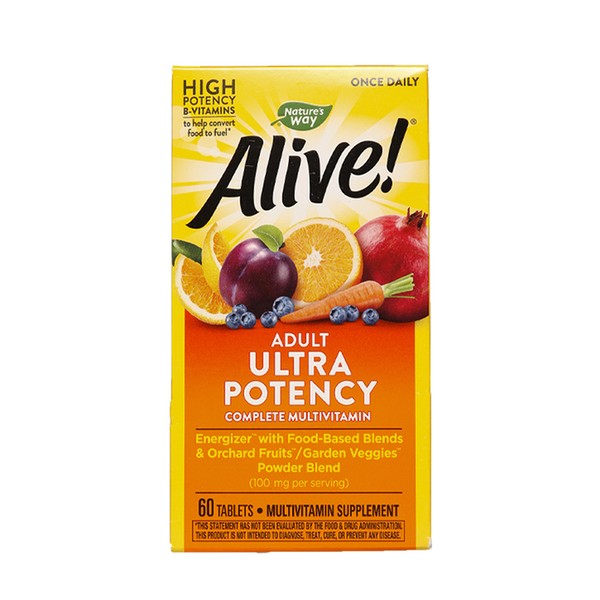
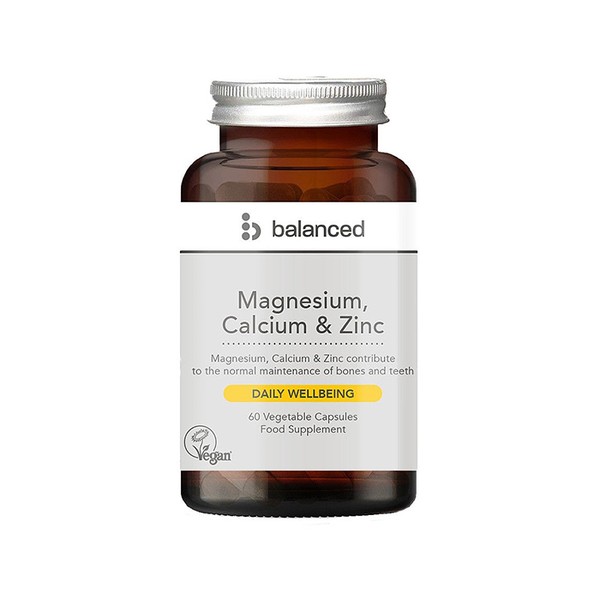
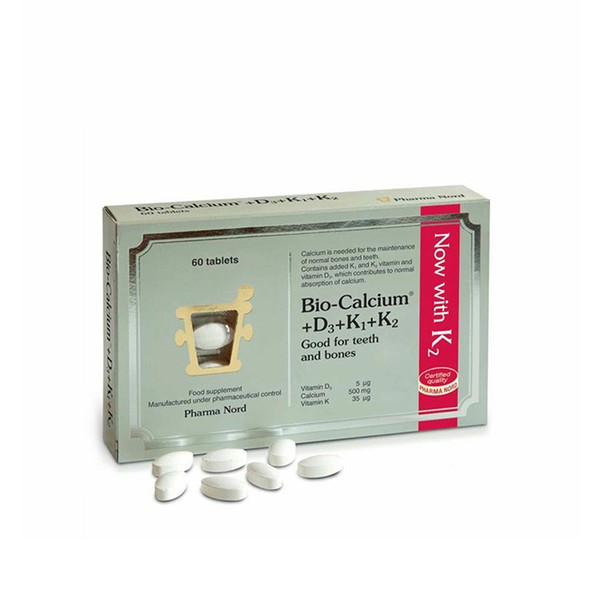
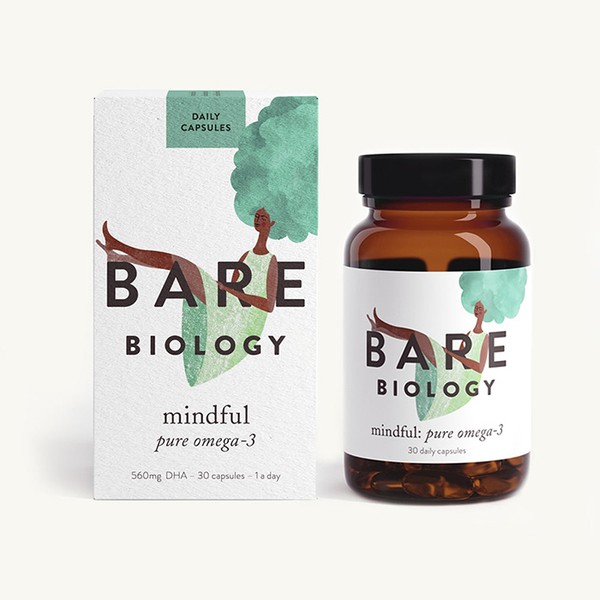
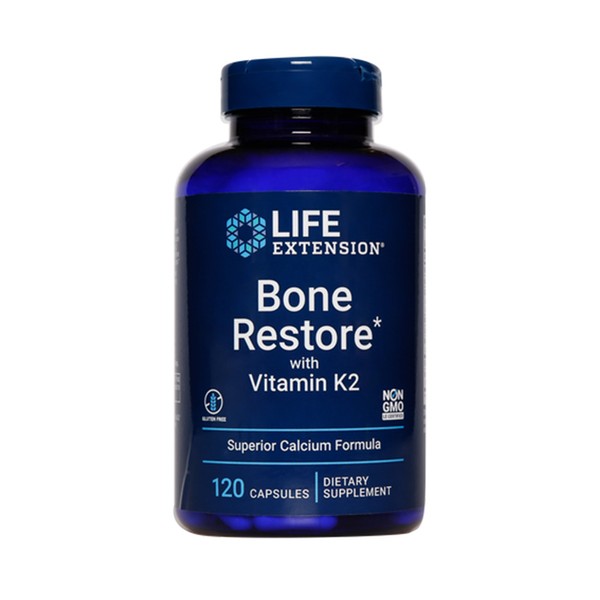
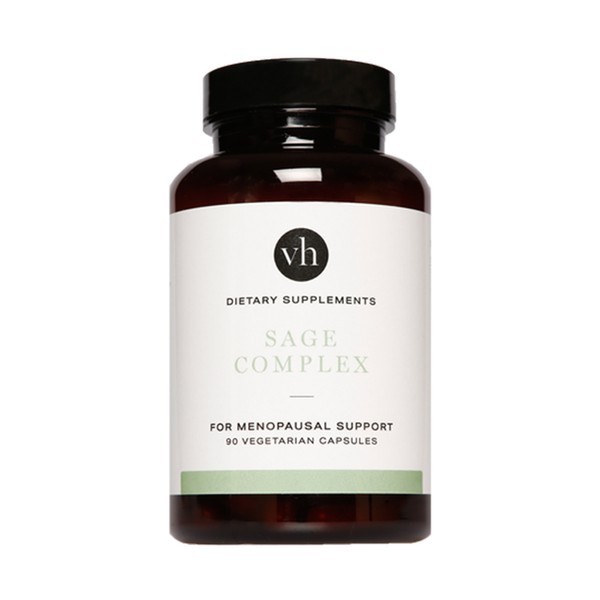
In Your 50s…
Support Gut Health With Probiotics
“In our 50s, we don’t digest food the way we did when we were younger and supplements can play an important role in filling any nutritional gaps. The trillions of probiotic species in your gut also play a vital role in immunity, the elimination of toxins and in the manufacture of energising B vitamins required for multiple processes in the body. I recommend Mega Probiotic ND.” – Shabir
Give Digestion A Helping Hand
“Our digestive system does not produce sufficient digestive enzymes as we age, which make it tricky to break down carbs, fats and proteins efficiently. This means you’ll also struggle to extract the necessary nutrients from the food you eat and may suffer with constipation as food stagnates in the gut, leading to slower bowel movements. Life Extension’s Enhanced Super Digestive Enzymes can be taken just before a meal or during a meal to ensure the complete breakdown of food.” – Shabir
Improve Flexibility With Omega 3
“Looking after your health is important at any age but never more so than in your 50s. Omega-3 fats are required for reducing inflammation in the body, for nerve growth and repair, to reduce plaque build-up and to promote joint flexibility. If you are vegetarian or vegan, try Echiomega capsules, which offer a better source of omega-3s than other vegetarian sources such as flaxseed and hemp seed oil supplements, which are ill-converted by the body.” – Shabir
Know Your Family History Of Osteoporosis
“Bone loss accelerates in your fifties, especially among women. If you have a family history of osteoporosis, it would be prudent to get a bone density scan to determine the strength of your bones. A calcium supplement – such as Life Extension’s Bone Restore – is also a good idea. This supplement provides three types of highly absorbable forms of calcium together with several bone building nutrients including silica and vitamin D3.” – Shabir
Take A B12 Lozenge
“As we age, many of us lose a protein that transports vitamin B12 from the intestines into the bloodstream. The inability for many to digest food properly at this stage in life coupled with the loss of this protein may result in a vitamin B12 deficiency so it’s wise to get your levels checked. If you are deficient, it’s pointless to take oral tablets or capsules since these have to pass through the digestive system. Instead, consider a B12 lozenge, such as Jarrow Formulas Methyl B12 Lozenges, which contain the most active form of B12.” – Shabir
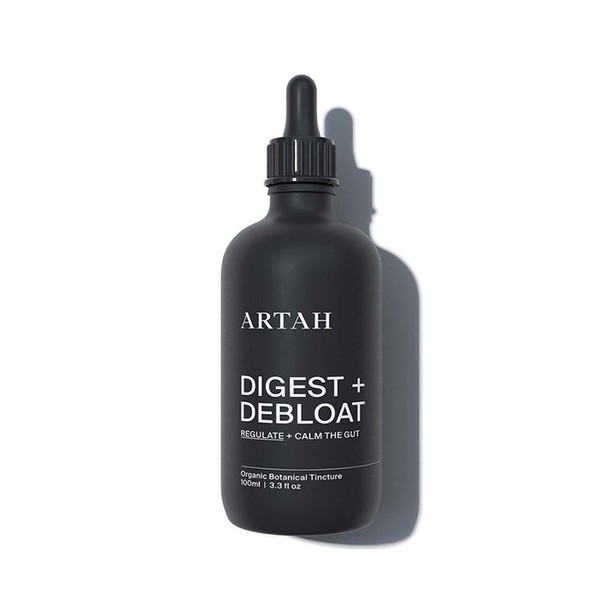
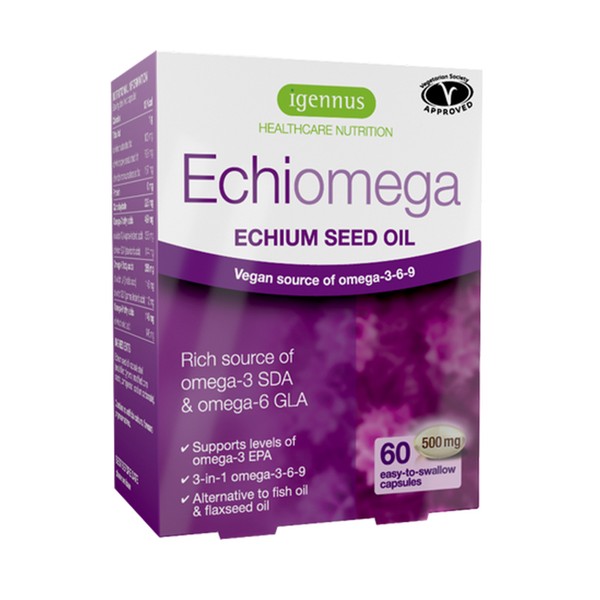
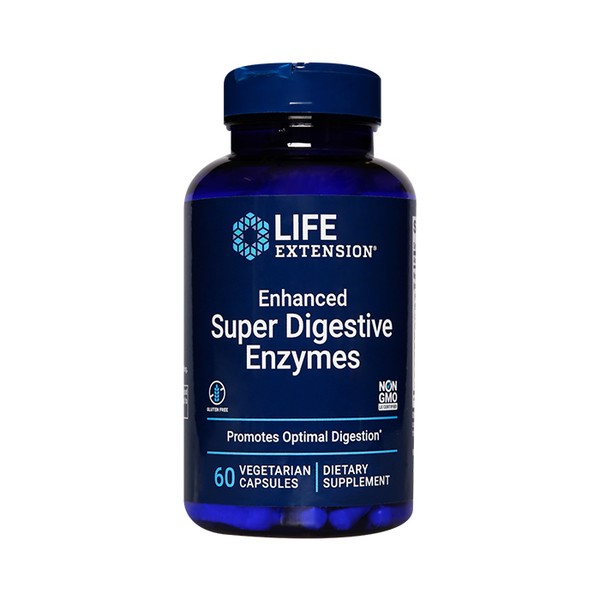
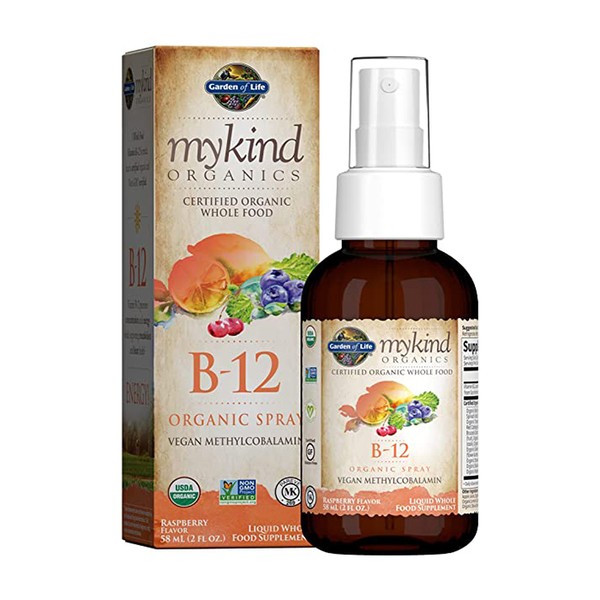
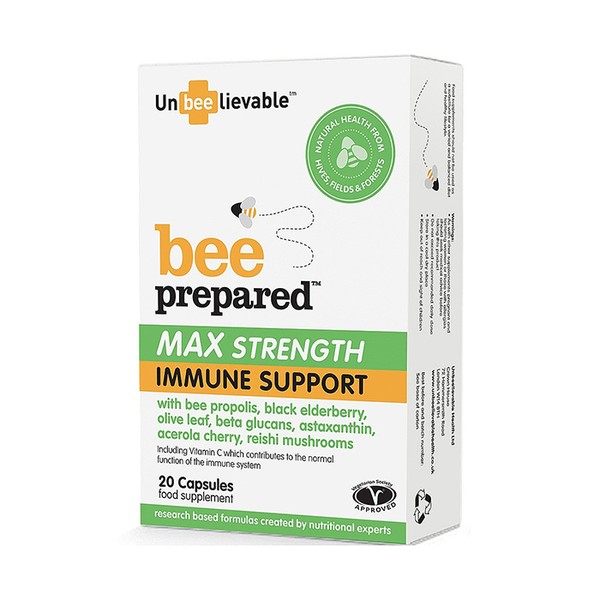
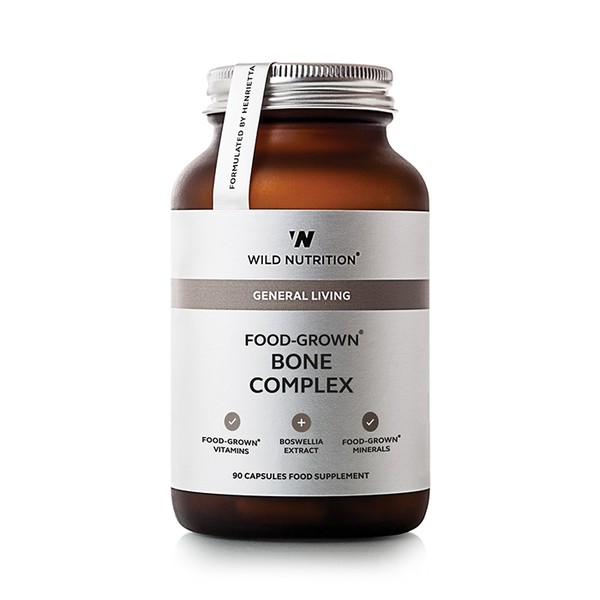
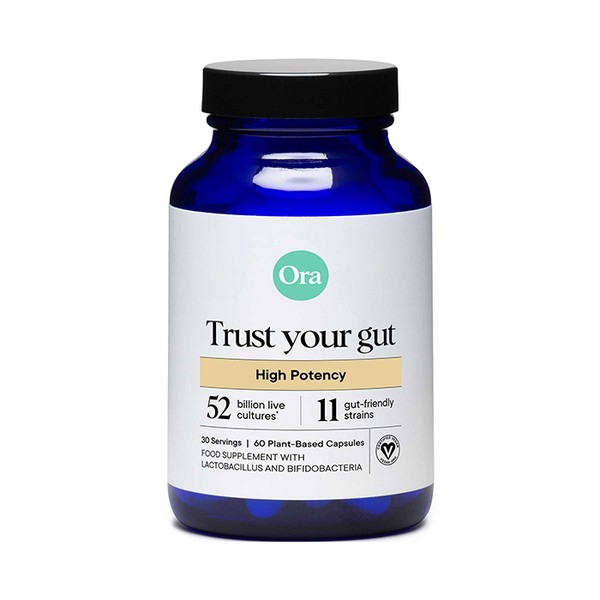
Planet Organic,
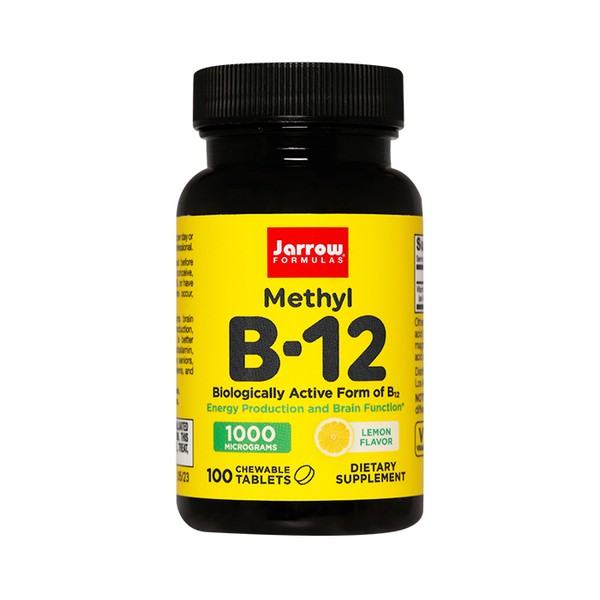
Jarrow Formulas,
For more information visit VictoriaHealth.com and BaldoAndMason.com
DISCLAIMER: Features published by SheerLuxe are not intended to treat, diagnose, cure or prevent any disease. Always seek the advice of your GP or another qualified healthcare provider for any questions you have regarding a medical condition, and before undertaking any diet, exercise or other health-related programme.
DISCLAIMER: We endeavour to always credit the correct original source of every image we use. If you think a credit may be incorrect, please contact us at info@sheerluxe.com.
